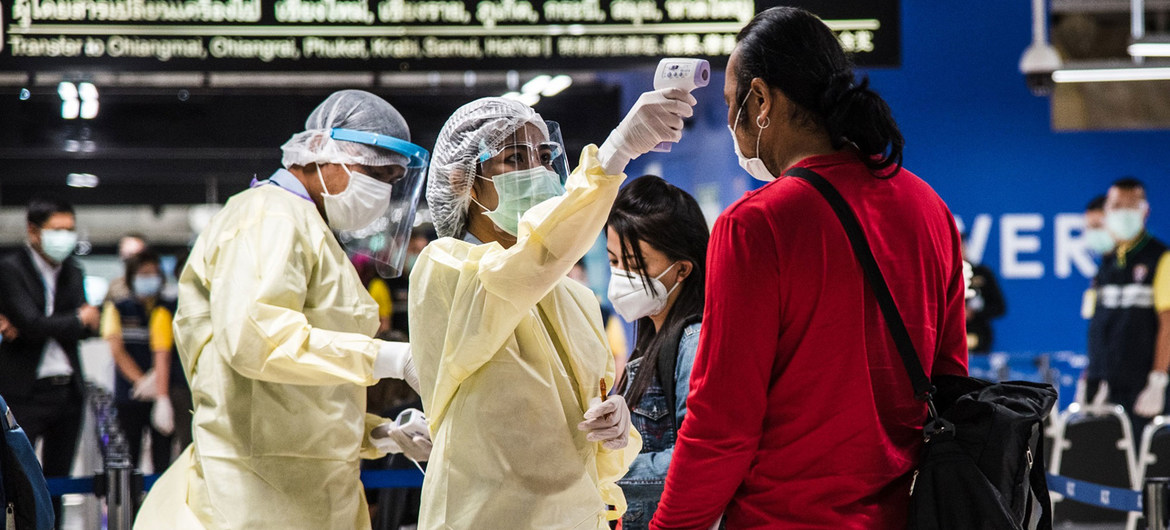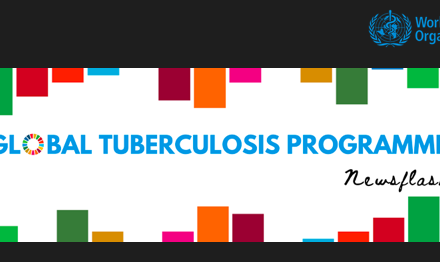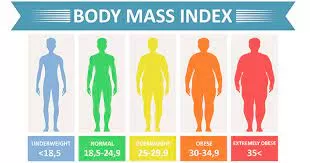
A recent study conducted by the Indian Medical Academy for Preventive Health (IMAPH) has revealed a concerning trend: only a mere 7 per cent of Indian doctors are aware of recent advancements in anti-smoking strategies. This knowledge gap poses a significant hurdle in the nation’s battle against tobacco addiction, according to the study released on Monday.
The survey, which involved 200 doctors with a minimum of three years of experience, underscores a critical issue: despite 78.5 percent of doctors regularly providing anti-smoking advice, there exists a substantial lack of awareness regarding the latest developments in combating tobacco addiction.
Cardiovascular disease emerged as the most prevalent reason for patient visits at 12 per cent, emphasizing the urgent need for interventions targeting smoking cessation.
Dr. Chandrakant S. Pandav, a global public health expert and former Professor & Head of the Department of Centre for Community Medicine at AIIMS, Delhi, highlighted the pivotal role doctors play in motivating smokers to quit. He stressed the necessity for enhanced awareness and training among healthcare professionals in implementing advanced anti-smoking strategies.
The survey identified behavioural therapy (28 percent) and counselling/support groups (26 percent) as the most effective methods for smoking cessation. Dr. M Wali, Senior Consultant in Medicine at Sir Ganga Ram Hospital, stressed the importance of science-backed policy making to equip doctors with safer alternatives against tobacco addiction, emphasizing the significance of staying updated on recent developments.
The study advocates for doctors to consistently inquire about patients’ tobacco consumption during visits and highlights the potential role of novel alternatives like e-cigarettes and heat-not-burn products in reducing the burden of tobacco addiction in India. With India ranking as the second-largest tobacco consumer globally, with 275 million users, this issue requires urgent attention.
The research underscores the imperative for science-based policy making to empower medical practitioners in recommending safer options and closing the awareness gap. Addressing these gaps and implementing effective strategies could aid India in achieving the global voluntary goal of reducing tobacco consumption by 30 per cent by 2025, as set forth on the global stage.










